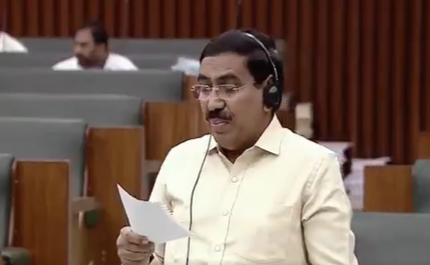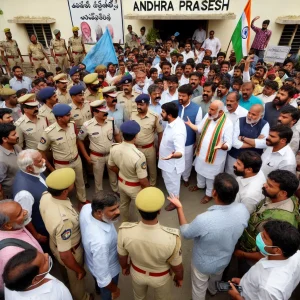
In a historic move, the Andhra Pradesh Assembly has repealed the decades-old rule disqualifying candidates with more than two children from contesting urban local body elections. The Andhra Pradesh Municipal Laws Amendment Bill, 2024, passed on Monday without debate, marks a bold shift in the state’s approach to population and governance.
For nearly 30 years, the two-child policy shaped local elections in the state. However, with fertility rates plummeting and the elderly population rising, the government says it’s time for a change.
Why the Change?
Introduced in the 1990s to reinforce family planning efforts, the two-child rule barred candidates with larger families from running for municipal offices. But times have changed. Andhra Pradesh’s fertility rate has dropped from 2.6 in 2001 to just 1.5 today—well below the replacement level.
Minister Ponguru Narayana, who proposed the amendment, explained: “We are facing a population slowdown and an aging demographic. This is not just about governance; it’s about ensuring a brighter future for our state.”
A Rule Rooted in History
The original law, based on the 1955 Municipal Corporations Act and the 1965 Municipalities Act, was amended in 1994 to push population control. Candidates with more than two children were deemed ineligible to contest urban elections. The policy aimed to popularize family planning but now seems misaligned with current realities.
What’s Next?
The Assembly’s approval of the amendment removes restrictions on family size, opening the door for more candidates to enter the political arena. Experts believe this could lead to a more inclusive political environment and address the challenges posed by Andhra Pradesh’s changing demographic landscape.
With this landmark decision, Andhra Pradesh has set an example for rethinking governance policies to adapt to social and economic realities. For families with more than two children, this could be their moment to step into the political spotlight!




